As spring arrives, homeowners’ associations in the Carolinas become attractive to all types of solicitors. The close-knit communities, well-kept lawns, and sidewalks make these neighborhoods prime targets. So, what can a homeowner do if they prefer not to be solicited?
Is Signage Enforceable?
Many HOAs (Homeowners Associations) post “No Solicitation” signs at entrances or throughout the community. However, the First Amendment to the U.S. Constitution states, “Congress shall make no law respecting an establishment of religion or prohibiting the free exercise thereof; or abridging the freedom of speech, or of the press; or the right of the people peaceably to assemble, and to petition the Government for a redress of grievances.”
What does this mean? It means door-to-door salespeople soliciting your community have a protected constitutional right to be there and cannot be barred through blanket laws.
Since 1976, the Supreme Court has upheld free speech for commercial purposes. However, this does not mean homeowners have no right to privacy on their private property.
Solicitation vs. Advertising
Solicitation is considered door-to-door selling, which differs from someone leaving printed advertising material on your door. Anyone wanting to sell something can use this freely. Though there is not much the homeowner or HOA can do, the best bet is to post signage and report frequent offenders.
What About Local Ordinances?
Local ordinances can vary significantly across different municipalities in the Carolinas. These ordinances may attempt to ban solicitors altogether or regulate them with time constraints, permit, and registration requirements. However, the Supreme Court has traditionally ruled in favor of solicitors. Consider the following cases for more insight:
- Watchtower Bible & Tract Society of New York, Inc. vs. Village of Stratton
- Dublirer vs. 2000 Linwood Avenue Owners Inc.
- Ohio Citizen Action vs. City of Englewood
Does it seem like the courts favor solicitors over homeowners? Perhaps. However, the Courts have ruled anti-solicitation ordinances violate the First Amendment because the decision of whether to listen to a solicitor is up to individual homeowners. A blanket, one-size-fits-all ruling would infringe on both the solicitor’s rights and the homeowner’s right to choose whether to engage.
Religious or Non-Charitable Organizations
Some religious organizations may argue they are not soliciting but simply sharing encouragement through scripture. Similarly, political advertisements might claim they are just asking for your vote.
Local laws in the Carolinas may exempt political, charitable, and religious groups who are not attempting to sell a product or service, while others may require them to respect “No Solicitation” signs. The distinction between solicitation and trespassing becomes important here.
The Difference Between “No Soliciting” and “No Trespassing”
If a homeowner really wants to avoid unwanted knocks on the door, a “No Trespassing” sign holds more legal weight than “No Solicitation.” On privately owned property, the HOA can potentially ban such activity by non-members under basic trespassing laws.
Non-Gated vs. Private Property
In HOAs with private roads, as often found in gated communities, solicitors are technically restricted from entering if “No Solicitation” signs are posted at the entrances. Additionally, local laws in the Carolinas may further restrict access to communities with properly posted signage.
How to Keep Solicitors Away
If you are serious about avoiding door-to-door salespeople and other solicitors at home, consider displaying a “No Soliciting” sign on your property, such as on your front door, yard, or window. Before doing so, it is important to review your HOA’s rules and regulations, as some associations have strict guidelines on signage.
Related: How to Find Your CC&Rs
Although this might not be the most attractive option, it is the most effective way to discourage solicitors. The Supreme Court has consistently ruled against many laws restricting solicitation, declaring them unconstitutional, but privately posted signs provide a lawful way to make it clear salespeople and other solicitors are not welcome. While solicitors may have the right to be in your neighborhood, a sign on your property can prevent them from knocking on your door or ringing your bell by clearly communicating they are not welcome.
By posting such a sign, you are effectively telling solicitors they are not allowed on your property, and it is illegal for them to ignore this request. Though it may seem like a minor step, this is the best way for an individual homeowner to keep solicitors away. These signs are legally enforceable and can help prevent unwanted interruptions.
If solicitors disregard your posted sign, being familiar with local laws will help you turn away or deter unwanted visitors, though you may still need to report repeat offenders to local authorities.
For help managing your HOA community, contact Association Management Solutions today for a free quote. Or visit our blog which features helpful articles and tips regarding HOA management.





